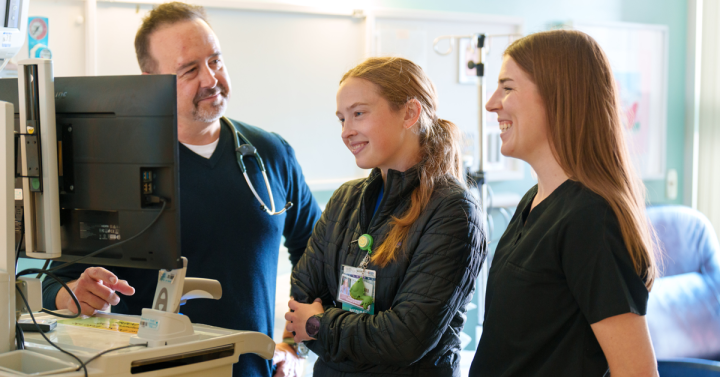Grant Helps Program Expand Distracted Driving Education to Online Learning
The National Highway Traffic Safety Administration (NHTSA) estimates there were 42,795 deaths resulting from motor vehicle crashes in 2022 in the United States. This projection is close to the previous year fatality numbers, which were the highest in 16 years.




















